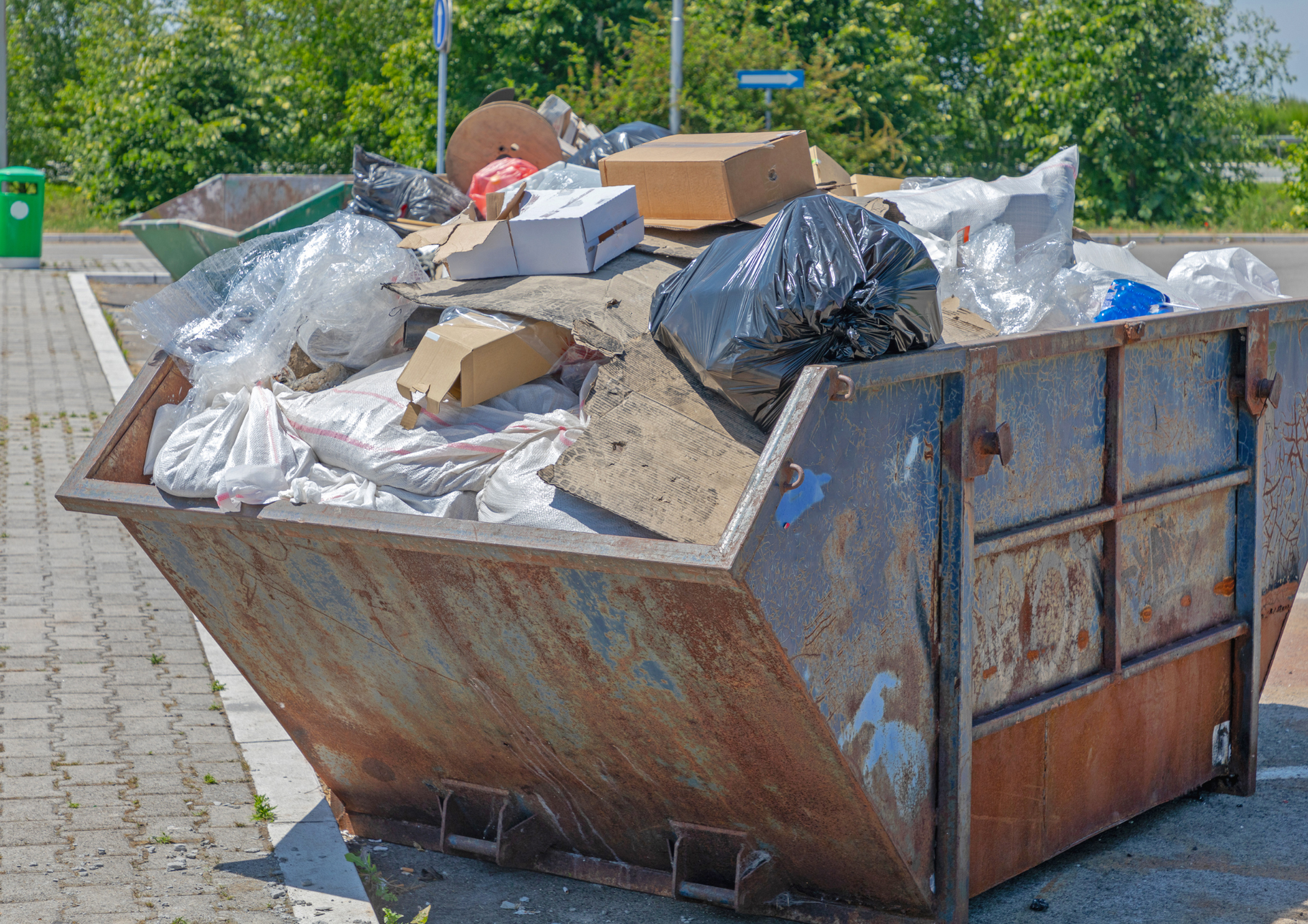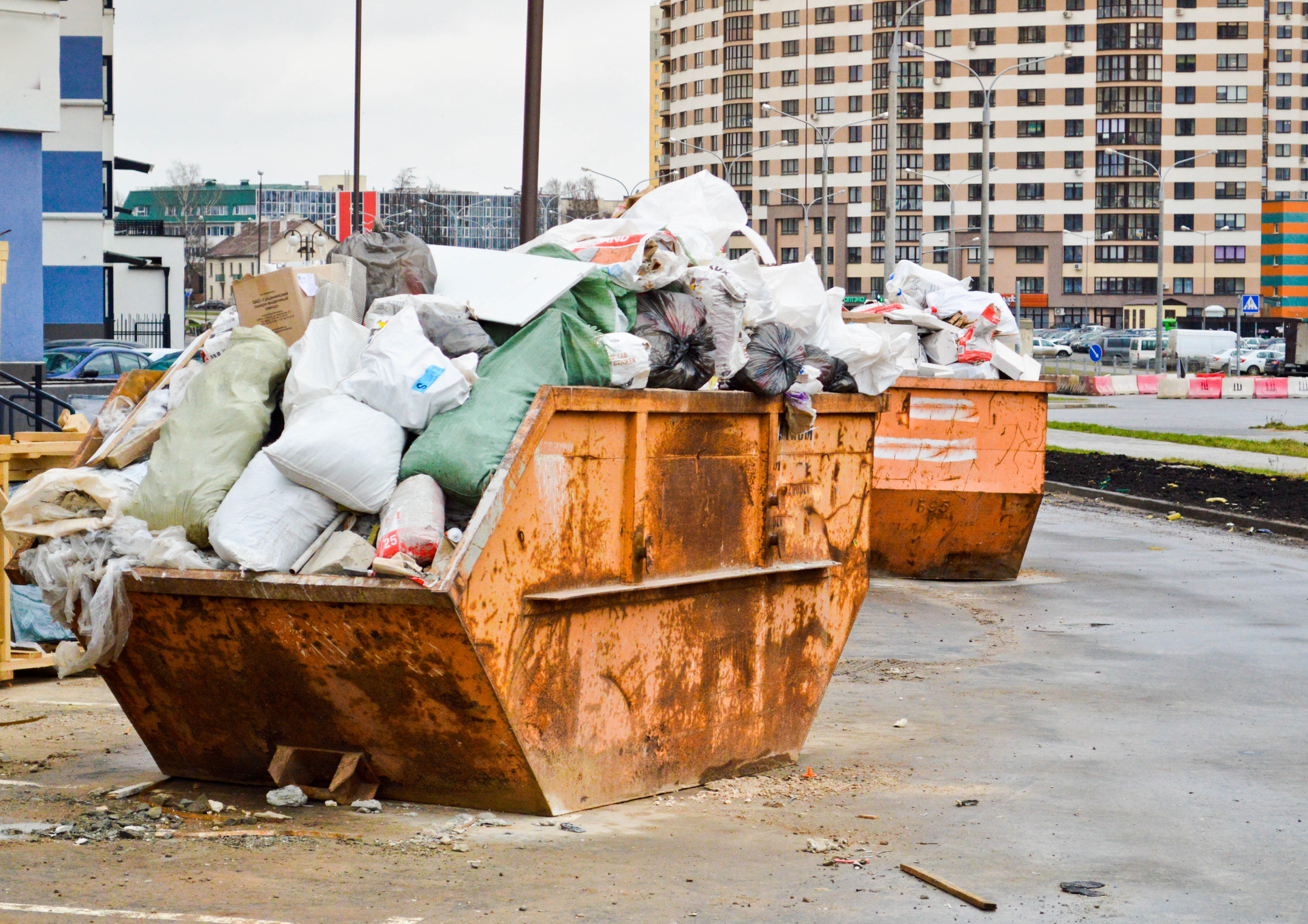Skip Hire Rules: What You Can and Can’t Put in Your Local Skip
Hiring a skip is one of the most practical solutions for managing large volumes of waste, whether you’re renovating your home, running a construction project, or handling a business relocation. However, understanding what can and cannot go into a skip is essential. By using local skip hire responsibly, you can avoid fines, unnecessary costs, and potential safety hazards.
This guide explains the rules around skip use, helping you stay compliant and make the most of your hire.
Everyday Waste You Can Put in a Skip
Skips are designed to handle a wide range of everyday materials. If you’re clearing out your house, you can safely dispose of old furniture, non-electrical household items, plastics, wood, metals, and general rubbish. For construction and landscaping projects, bricks, concrete, soil, rubble, and garden clippings are also allowed. These are all considered non-hazardous and are commonly processed by waste management facilities. Ensuring you stick to permitted waste keeps disposal efficient and environmentally responsible.
Restricted Items: What Can’t Go in a Skip
While skips are versatile, certain items are legally restricted for safety and environmental reasons.
These include:
- Asbestos – requires specialist removal.
- Chemicals and solvents – hazardous to handle and dispose of.
- Paints and varnishes – often contain toxic substances.
- Batteries – contain harmful acids and metals.
- Tyres – must be processed separately.
- Gas cylinders – risk of explosion, even when empty.
- Electrical appliances (e.g. fridges, freezers, televisions) – fall under WEEE regulations.
Always confirm with your provider if you’re unsure. Avoiding restricted items helps you stay compliant and prevents unexpected penalties.
Local Regulations and Compliance
Different councils may enforce slightly varied rules on what can and can’t be put into skips. For example, some areas have stricter guidelines on plasterboard or upholstered furniture due to fire safety concerns. That’s why it’s important to work with a licensed provider familiar with local waste laws. By using local skip hire, you benefit from a service that understands these rules and ensures your waste is processed in compliance with regulations. It not only saves you time but also protects you from fines or rejected collections.
Choosing the Right Skip Size
Selecting the right skip size is just as important as knowing what goes inside it. For small cleanouts or minor renovations, a mini or midi skip might be enough. Larger projects, such as office moves or building works, often require builder’s skips or even roll-on roll-off containers. If you’re searching for skip bin hire near me, you’ll notice there’s a variety of options to match your needs. The right choice prevents overloading, helps reduce costs, and ensures a smoother waste removal process.
Understanding the Costs Involved
Waste disposal costs can vary depending on the size of the skip, the type of waste, and your location. Transparent pricing helps you budget effectively, so when comparing providers, check for inclusive fees like delivery, collection, and disposal. We ensure that our services are straightforward and competitively priced. When researching local skip hire prices, keep in mind that cheaper isn’t always better—compliance, reliability, and proper disposal practices should also be prioritised.
Why Local Matters in Skip Hire
Working with local skips services offers several advantages. Local providers often have faster delivery times, better understanding of council regulations, and more flexibility in scheduling. This can be particularly useful for businesses working on tight deadlines or event organisers needing waste collected promptly after a function. By choosing a local team, you gain not only convenience but also the reassurance that your waste is being handled responsibly within your community.
Tailored Services for Different Needs
From construction companies dealing with rubble to homeowners renovating kitchens, every project has unique requirements. Landscapers benefit from green waste solutions, while event organisers need reliable collection after large gatherings. With local skip bin hire, services can be adapted to suit these different needs. Whether it’s short-term use for a weekend cleanout or long-term hire for a major building project, flexible options make managing waste straightforward and stress-free.
Knowing what you can and can’t put in a skip is essential for safe, legal, and cost-effective waste disposal. By understanding the rules, selecting the right skip size, and working with a trusted
local skip hire service, you can ensure your project runs smoothly without waste-related setbacks. Always check with your provider if you’re unsure about a specific item, and remember that responsible waste disposal protects not only your project but also the environment.
At
Skip Hire Leicester, we provide a reliable, professional, and fully licensed service tailored to your needs. Our team understands local regulations and ensures that your waste is disposed of responsibly and efficiently. With a wide range of skip sizes, flexible hire terms, and competitive pricing, we cater to homeowners, businesses, and contractors alike. Whether you’re tackling a home renovation, managing construction debris, or planning a large event, we deliver a hassle-free solution you can trust.
Latest post on X:
Local skip hire guide – what goes in a skip and what doesn’t!




